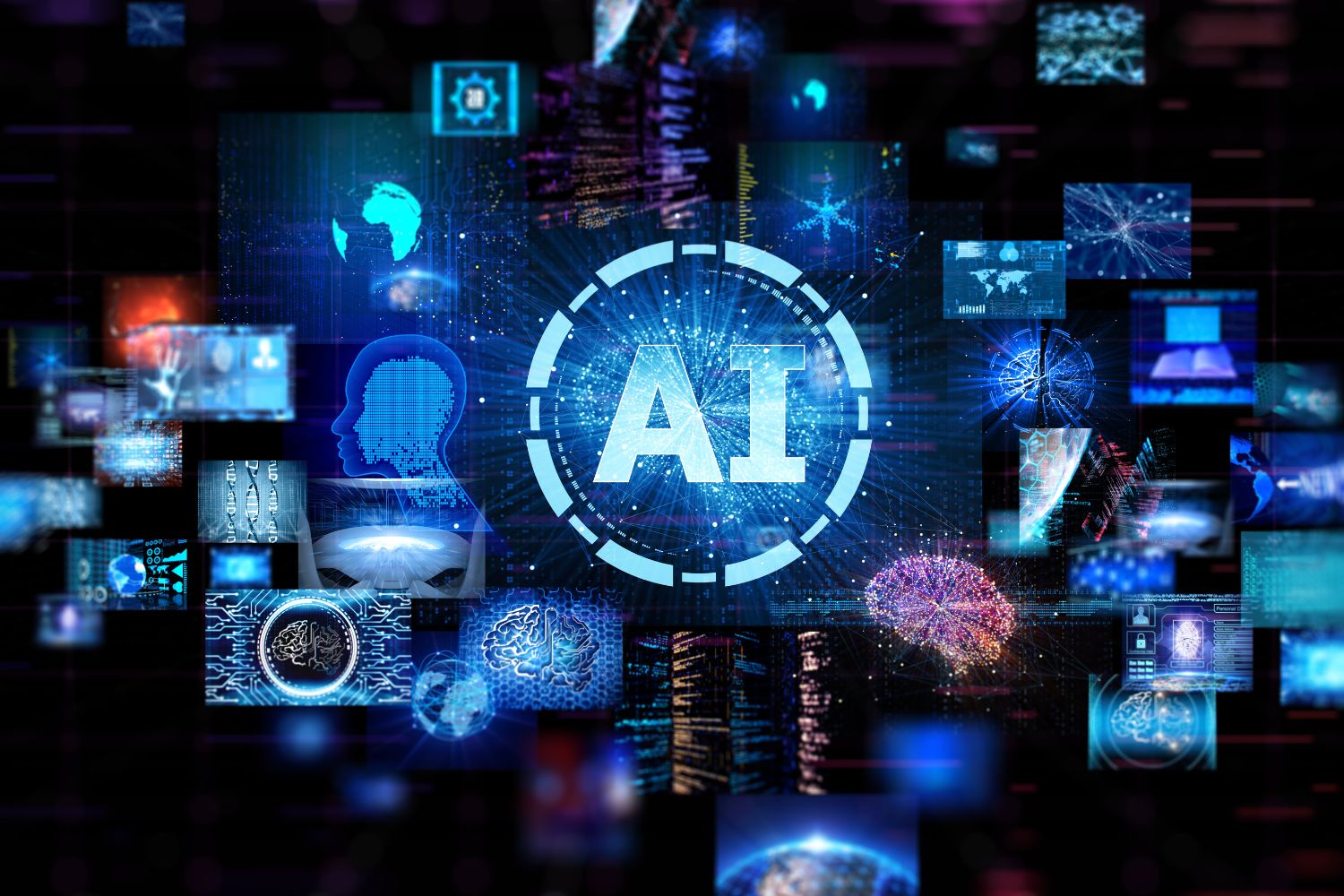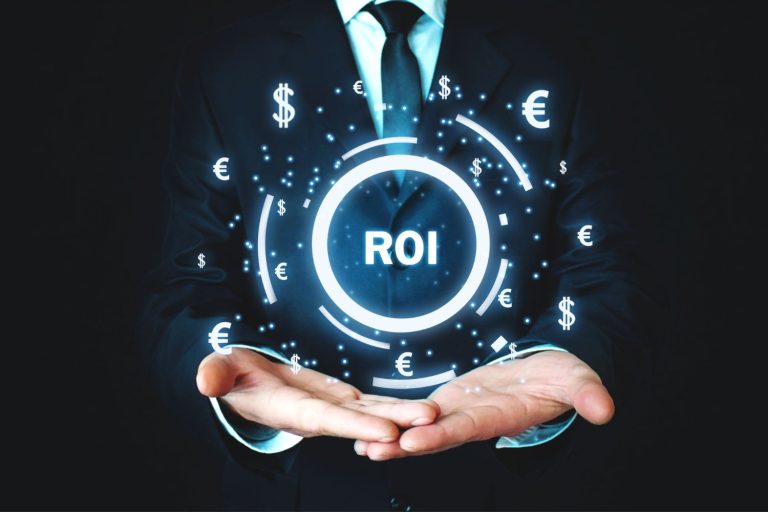The Impact of Artificial Intelligence on Marketing Strategies
Artificial Intelligence (AI) has revolutionized numerous industries, and marketing is no exception. The ability of AI to analyze vast amounts of data, recognize patterns, and automate complex tasks has transformed the way businesses interact with consumers.
From personalized recommendations to chatbots, AI-driven marketing strategies are enhancing customer engagement, improving decision-making, and driving business growth.
This article delves into the impact of AI on marketing strategies, exploring its various applications, benefits, challenges, and the future of AI in marketing.
Understanding AI in Marketing
AI in marketing refers to the use of advanced algorithms, machine learning, natural language processing, and automation tools to optimize and personalize marketing efforts. By leveraging AI, businesses can better understand customer behavior, predict trends, and make data-driven decisions to improve marketing campaigns.
Key AI Technologies in Marketing
- Machine Learning (ML): Enables systems to learn from data and improve their accuracy over time.
- Natural Language Processing (NLP): Helps machines understand and generate human-like text.
- Computer Vision: Allows AI to process and interpret images and videos.
- Predictive Analytics: Uses historical data to forecast future consumer behaviors.
- Automation Tools: AI-powered platforms that automate repetitive marketing tasks.
The Role of AI in Modern Marketing Strategies
1. Personalization and Customer Experience
Personalization is at the core of modern marketing. AI enables brands to create highly customized experiences based on consumer preferences, behavior, and past interactions.
- Dynamic Content: AI can tailor website content, emails, and ads based on individual customer profiles.
- Recommendation Engines: Platforms like Netflix and Amazon use AI to suggest products based on user behavior.
- Chatbots and Virtual Assistants: AI-powered bots provide real-time customer support and engagement.
2. AI-Driven Content Creation
AI is transforming content marketing by generating high-quality, data-driven content.
- Automated Content Generation: AI tools like GPT-based models can produce blogs, articles, and product descriptions.
- SEO Optimization: AI helps marketers analyze keywords, optimize content, and improve search engine rankings.
- Sentiment Analysis: AI assesses customer sentiment on social media and online platforms, helping brands fine-tune messaging.
3. Data Analytics and Consumer Insights
AI enhances data analytics, enabling businesses to make informed marketing decisions.
- Customer Segmentation: AI identifies distinct customer groups based on behavior and demographics.
- Predictive Analytics: AI forecasts trends, helping brands anticipate customer needs.
- Real-Time Data Processing: AI analyzes live consumer data, allowing marketers to adapt campaigns instantly.
4. AI-Powered Advertising and Campaign Optimization
AI optimizes digital advertising campaigns by automating ad placements and targeting the right audience.
- Programmatic Advertising: AI buys and places ads in real-time, maximizing efficiency.
- Ad Performance Tracking: AI monitors ad engagement and adjusts strategies accordingly.
- A/B Testing Automation: AI streamlines split testing, identifying the best-performing ads.
5. Voice Search and AI Assistants
The rise of voice search has changed how brands optimize their content for search engines.
- Voice-Activated Shopping: AI-powered assistants like Alexa and Google Assistant enable voice-based purchases.
- Conversational Search Optimization: Brands are adapting their SEO strategies for voice-based queries.
6. Social Media and Influencer Marketing
AI plays a crucial role in social media marketing by analyzing user behavior and automating tasks.
- AI-Based Social Listening: AI tools monitor brand mentions, sentiment, and industry trends.
- Automated Social Media Management: AI schedules posts, analyzes engagement, and suggests optimal posting times.
- Influencer Identification: AI identifies the most effective influencers for brand collaborations.
7. AI in Email Marketing
Email marketing remains a powerful tool, and AI is making it more effective.
- Personalized Email Campaigns: AI crafts tailored email content based on user interactions.
- Optimal Send Time Prediction: AI determines the best time to send emails for maximum engagement.
- Spam Filtering: AI helps improve email deliverability and reduces spam complaints.
Benefits of AI in Marketing
1. Enhanced Customer Experience
AI-driven personalization ensures that customers receive relevant content, recommendations, and promotions. This leads to higher engagement and improved brand loyalty. With chatbots and virtual assistants, businesses can offer real-time support, resolving queries instantly and improving customer satisfaction.
2. Increased Efficiency and Automation
AI automates repetitive and time-consuming marketing tasks, such as email marketing, social media posting, and customer segmentation. This reduces the workload on human marketers, allowing them to focus on strategy and creativity while increasing operational efficiency.
3. Better Data Utilization and Insights
AI processes vast amounts of data at unprecedented speeds, extracting valuable insights that help marketers make informed decisions. It enables deep customer segmentation, trend prediction, and demand forecasting, making marketing efforts more targeted and effective.
4. Higher Return on Investment (ROI)
By optimizing ad placements, personalizing marketing efforts, and automating campaigns, AI maximizes marketing efficiency. Programmatic advertising ensures that businesses reach the right audience at the right time, reducing ad spend wastage and increasing conversion rates.
5. Real-Time Decision Making
AI-powered analytics provide real-time insights, allowing marketers to adjust campaigns instantly. For example, AI can monitor social media engagement and automatically tweak messaging or ad placements to maximize effectiveness, ensuring businesses stay agile in a fast-changing market.
6. Improved Customer Retention and Loyalty
By offering a personalized and seamless experience, AI enhances customer satisfaction and loyalty. Predictive analytics help businesses anticipate customer needs, proactively addressing them before customers churn. AI-driven loyalty programs and personalized offers further strengthen brand-customer relationships.
7. Enhanced Creativity and Content Optimization
AI tools assist marketers in creating compelling content by analyzing engagement metrics and suggesting improvements. AI-generated content, combined with human creativity, leads to highly optimized marketing materials that resonate with the target audience.
8. Competitive Advantage
Early adopters of AI-driven marketing strategies gain a competitive edge by reaching customers more effectively, reducing costs, and improving campaign performance. Companies leveraging AI can outpace competitors who rely on traditional marketing methods.
Challenges and Ethical Considerations
While AI offers numerous benefits, it also presents certain challenges and ethical concerns.
1. Data Privacy and Security
- AI relies on vast amounts of data, raising concerns about consumer privacy.
- Businesses must comply with data protection regulations like GDPR and CCPA.
2. Algorithm Bias and Fairness
- AI algorithms can reflect biases in training data, leading to unfair outcomes.
- Brands must ensure their AI systems promote inclusivity and fairness.
3. Dependence on Technology
- Over-reliance on AI may reduce human creativity and decision-making capabilities.
- A balanced approach combining AI with human intuition is essential.
4. Cost and Implementation
- AI integration requires significant investment and expertise.
- Small businesses may struggle to afford advanced AI solutions.
The Future of AI in Marketing
As AI continues to evolve, its impact on marketing will only grow. Here are some future trends:
1. Hyper-Personalization
AI will further refine personalization, delivering tailored experiences at an individual level.
2. AI-Powered Creativity
AI-generated videos, images, and interactive content will become more prevalent.
3. Enhanced Chatbots and Virtual Assistants
AI-driven bots will provide more human-like and context-aware interactions.
4. AI and Augmented Reality (AR)
Brands will use AI-driven AR experiences to engage customers more interactively.
5. Ethical AI and Transparency
More regulations will emerge to ensure ethical AI use in marketing.
Conclusion
Artificial Intelligence is reshaping the marketing landscape, offering businesses powerful tools to enhance customer engagement, improve efficiency, and drive growth. While AI presents certain challenges, its benefits far outweigh the risks. By adopting AI-driven strategies, businesses can stay ahead of the competition and deliver exceptional value to consumers.
As technology advances, the role of AI in marketing will continue to evolve, making it an indispensable tool for modern marketers. Companies that embrace AI early will have a significant competitive advantage in the rapidly changing digital world.








